Once in a while you find a historical figure whose actual life was no fascinating that no fiction could surpass it for drama and pathos. And Richard III is such a figure – the more you learn about him, the more that becomes clear. This is a life of contradictions. So much of what we know just doesn’t make sense. And of course there’s a very good reason for that – what we “know” is mostly itself fiction, written by Tudor propagandists in the decades after Richard’s death. They not only produced a comprehensive fabrication to their own benefit, they went a long way towards destroying any written evidence (or people) that could contradict it.
The sad truth is that we’ll never know a lot of this stuff now – the Tudor hacks were good at their job. What we can find through the best evidence of impartial historians who are neither Ricardian or traditionalist (read: Tudor) is fascinating enough to make you yearn for a biographical fiction that tries to hew as close to it as possible. But perhaps because there’s so much uncertainty no one seems keen to try. Shakespeare certainly wasn’t, and neither is Kanno Aya. She at least does try and redress some of the most glaring character assassinations of More and Shakespeare (by casting blame for the murder of the princes on Richmond, for example), but it’s all bogged down in so much silliness that it doesn’t accomplish a hell of a lot.
I’ll give Baraou no Souretsu credit for at least getting me more interested in the life of Richard and those who knew him. To do that it must have been doing something right, and indeed it has done some things very well. But to be honest I’ve seriously considered dropping it on more than one occasion and probably would have if not so engrossed by the better works it’s inspired me to consume.
This whole Richard-Buckingham thing is so ludicrous even as pure fiction that it drags down everything around it. This is the real frustration for me – there’s so much untapped literary potential in what we can piece together about this man and this era. Maybe someday a manga – or original anime, or Western film or HBO series – will come along and do it justice. But for now, Barou no Souretsu is what we have, for better and worse. I’ve stuck with it too long to jump ship this close to the end, but that’s hardly the most satisfying reason to follow a series.



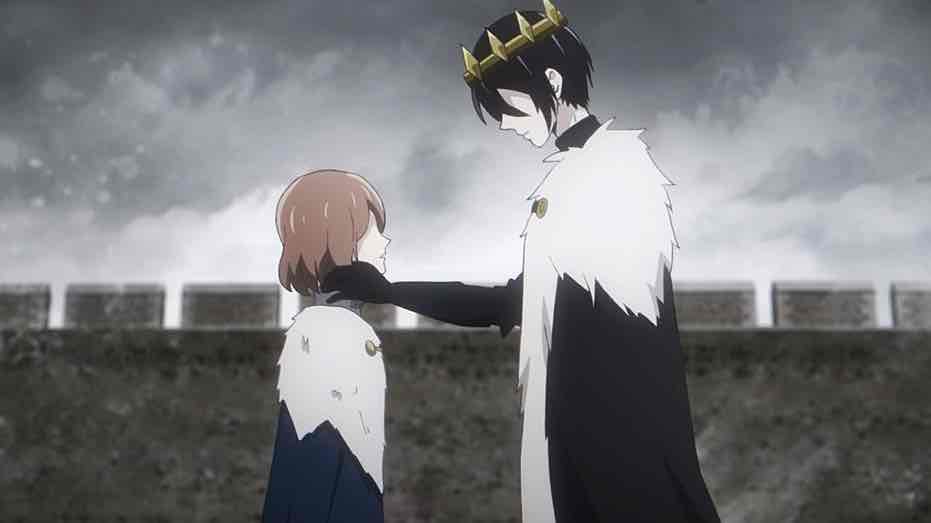
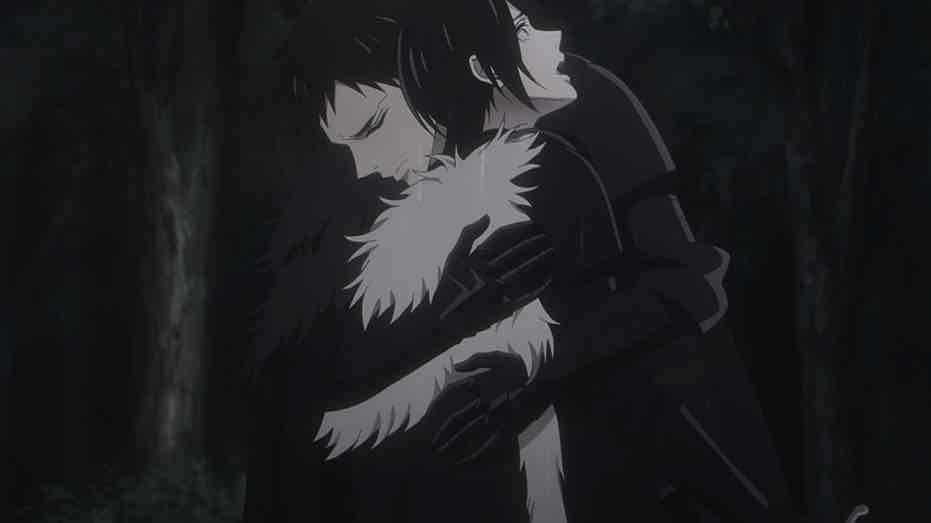
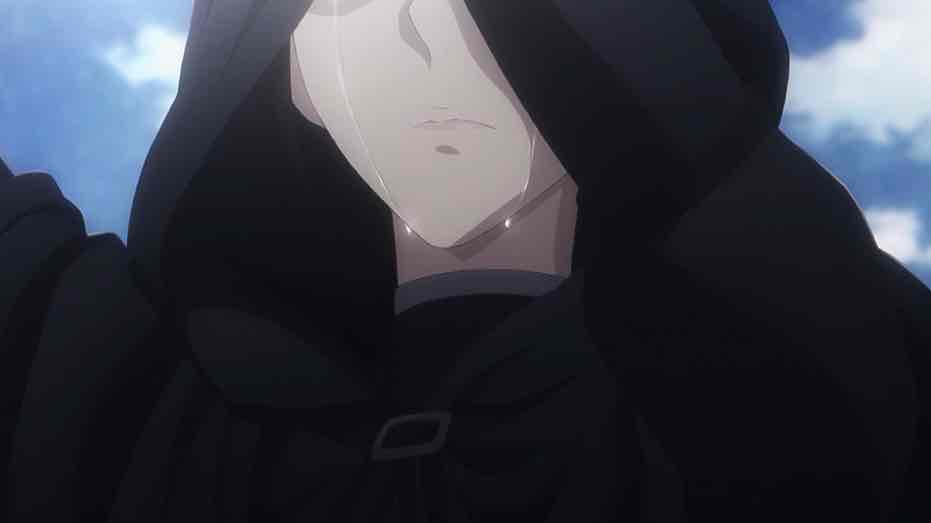
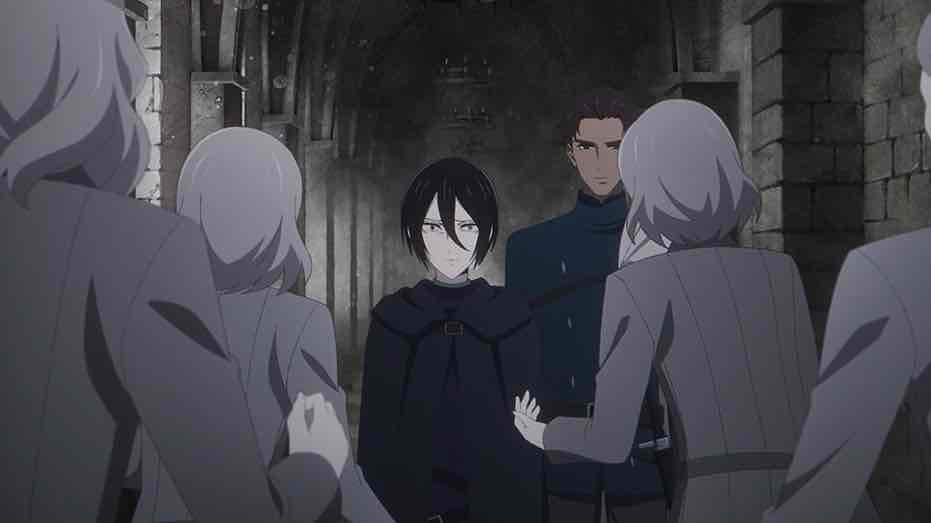
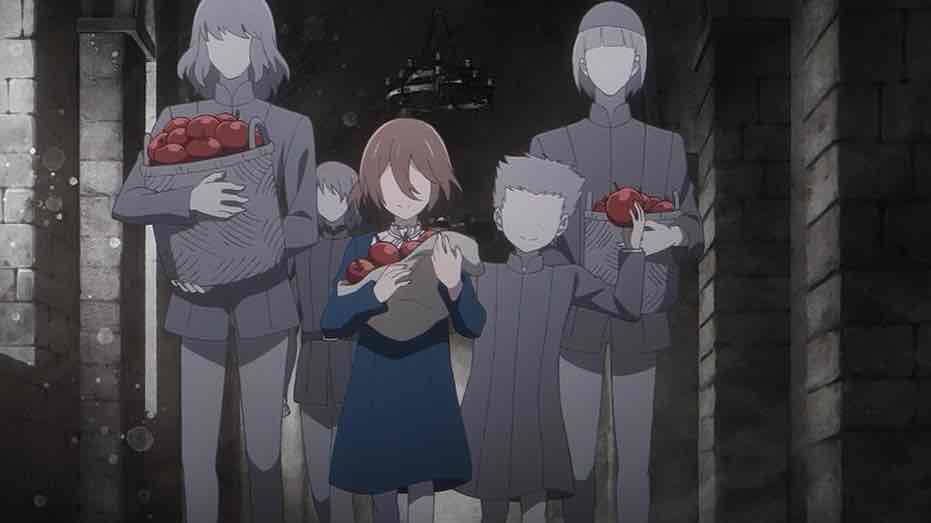

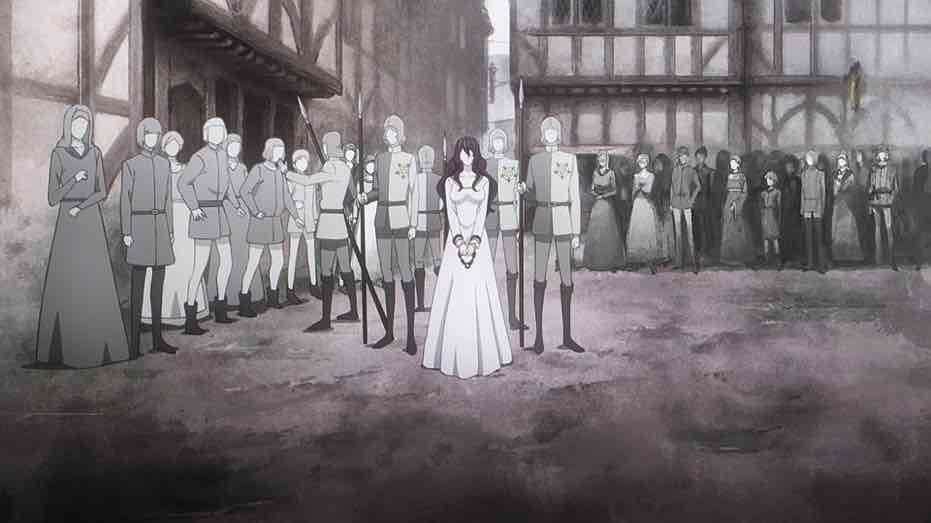
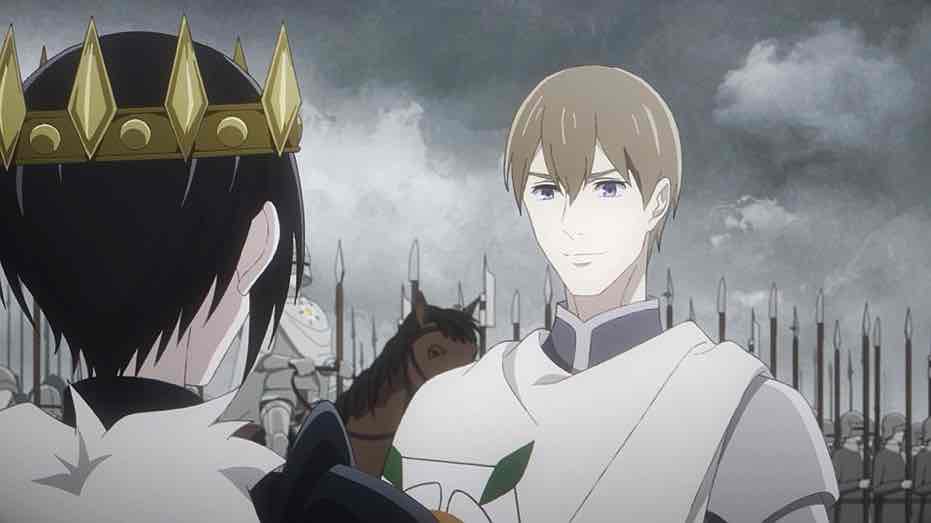
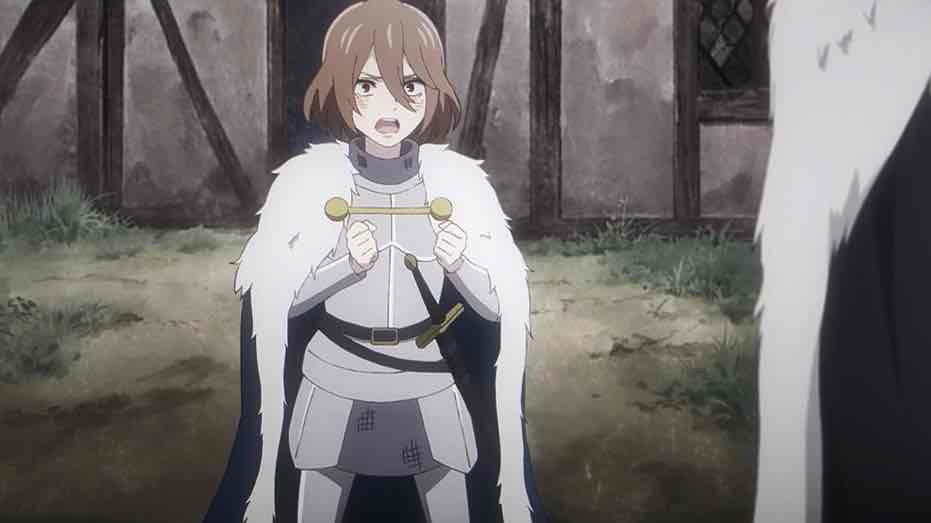
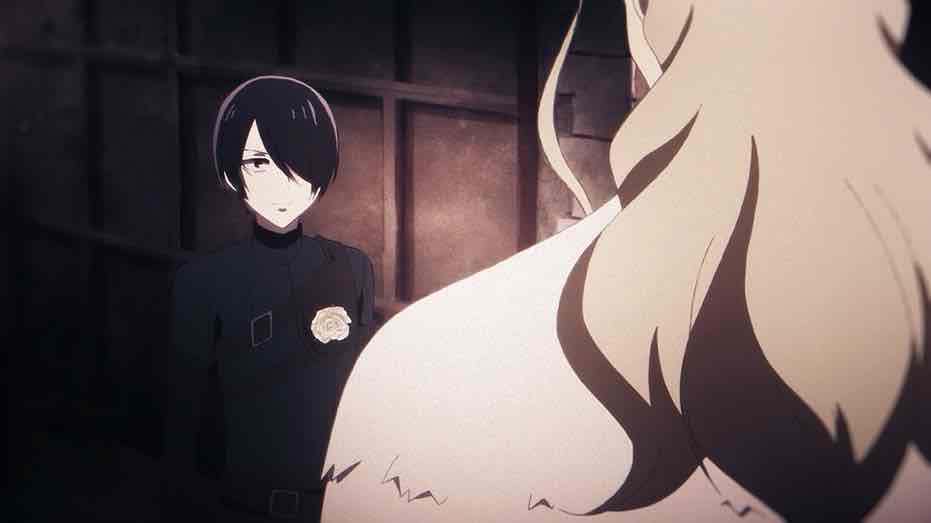

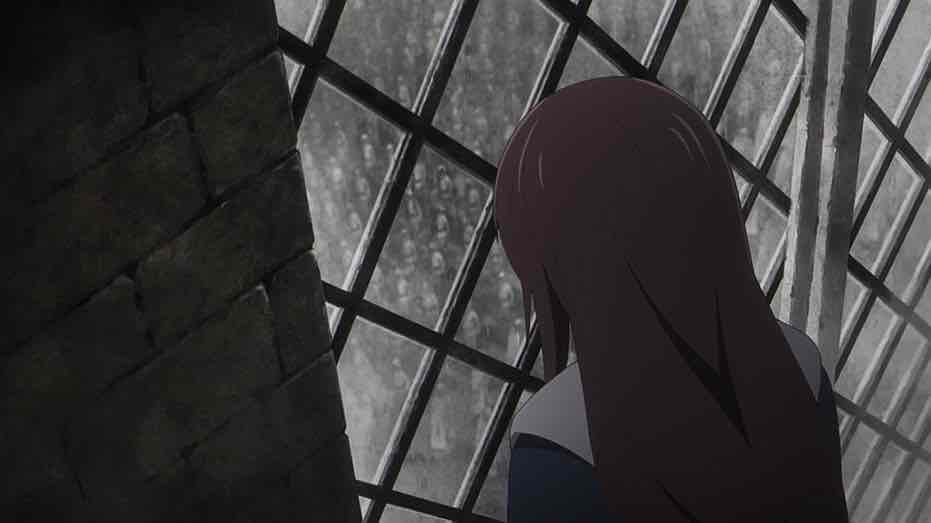
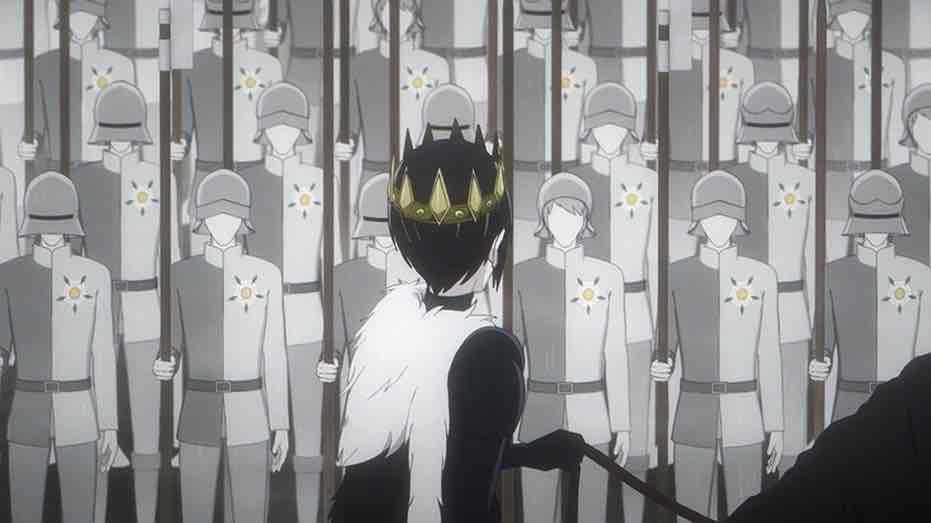
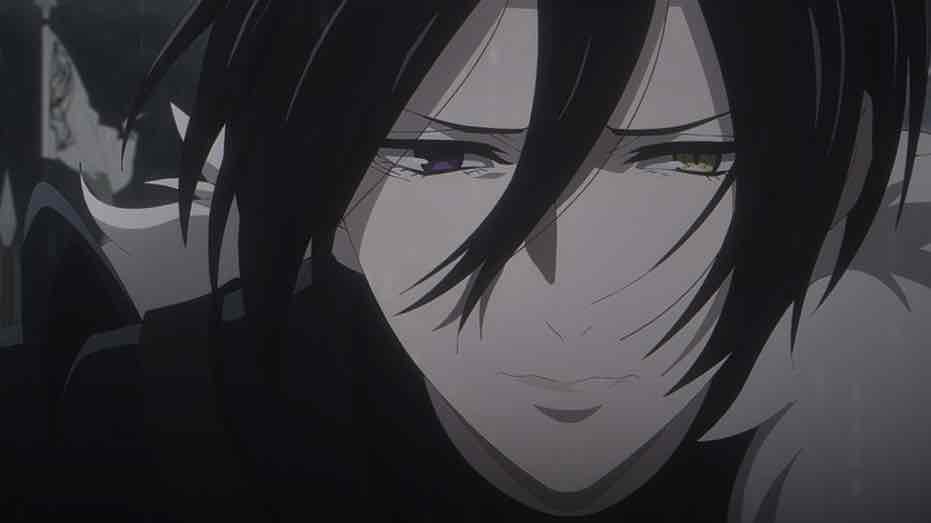
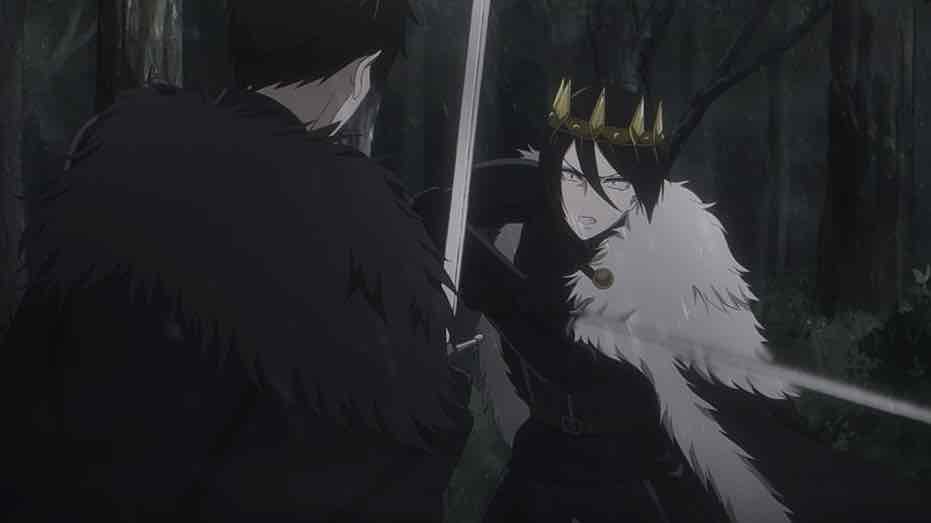
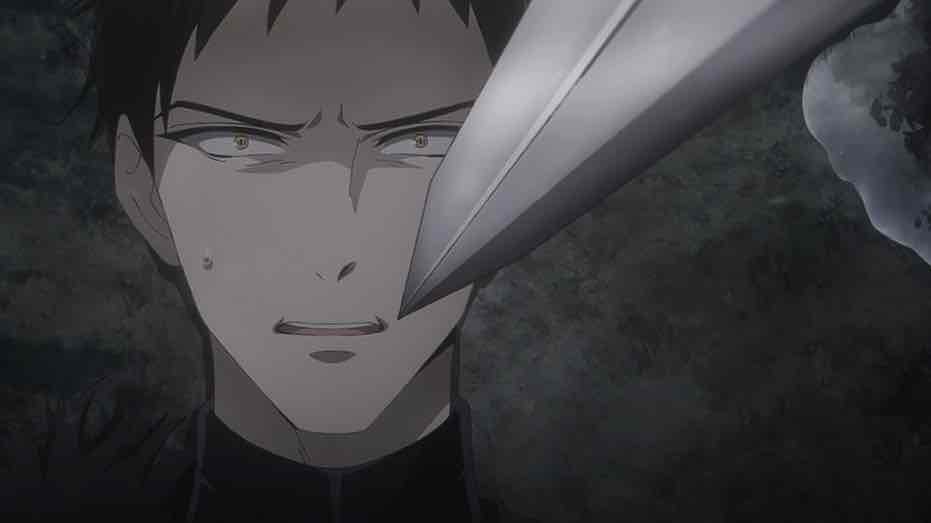
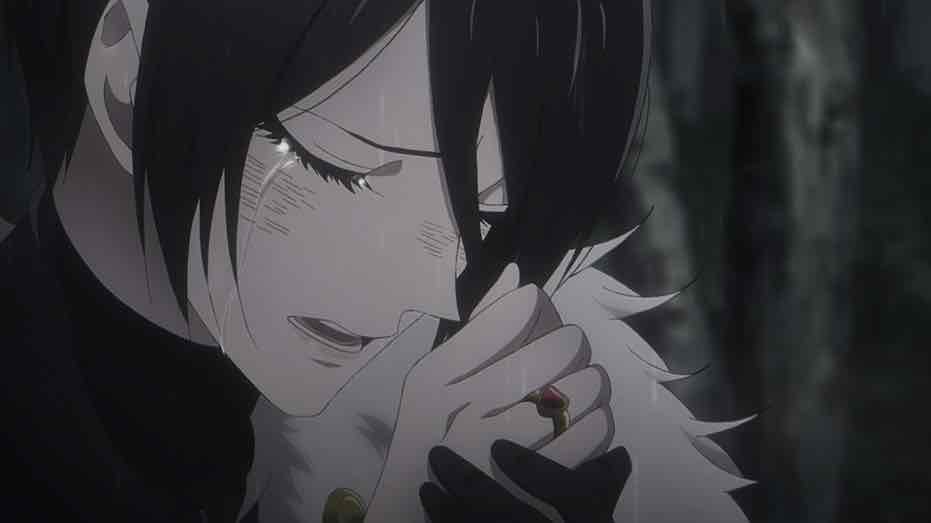
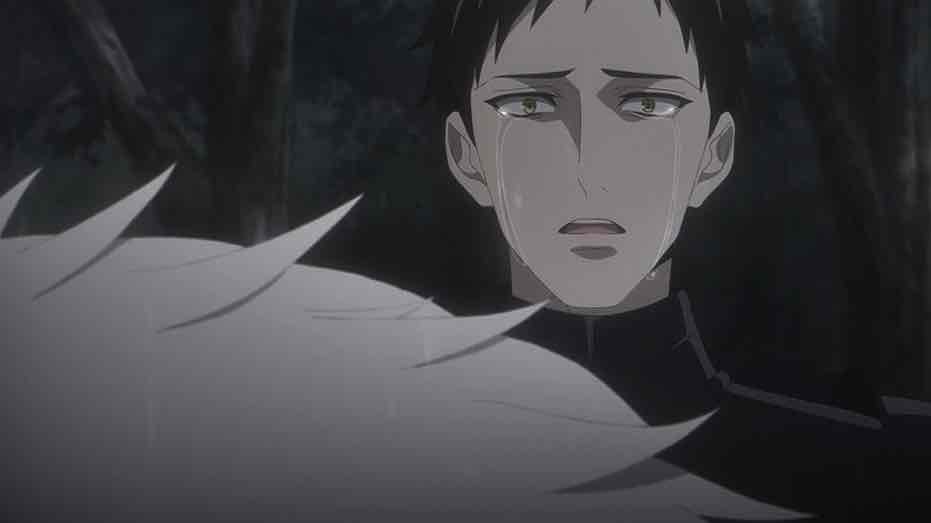
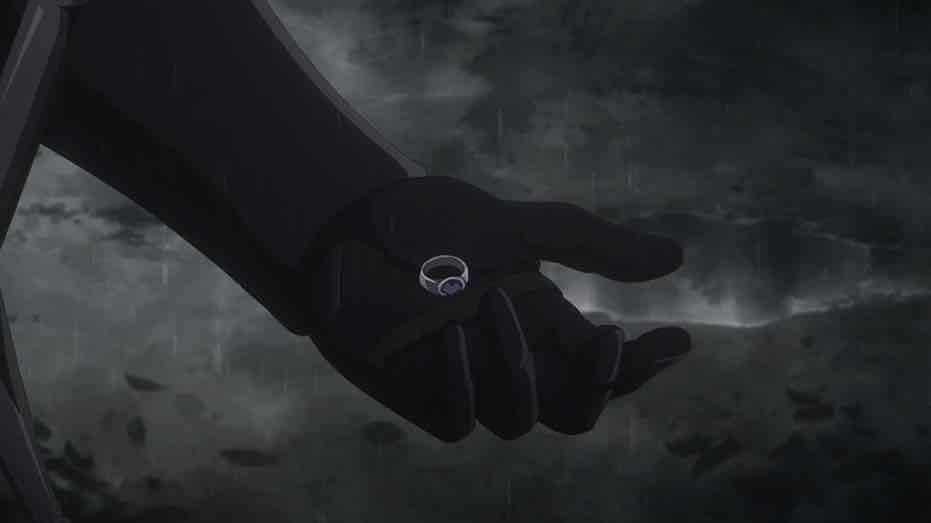
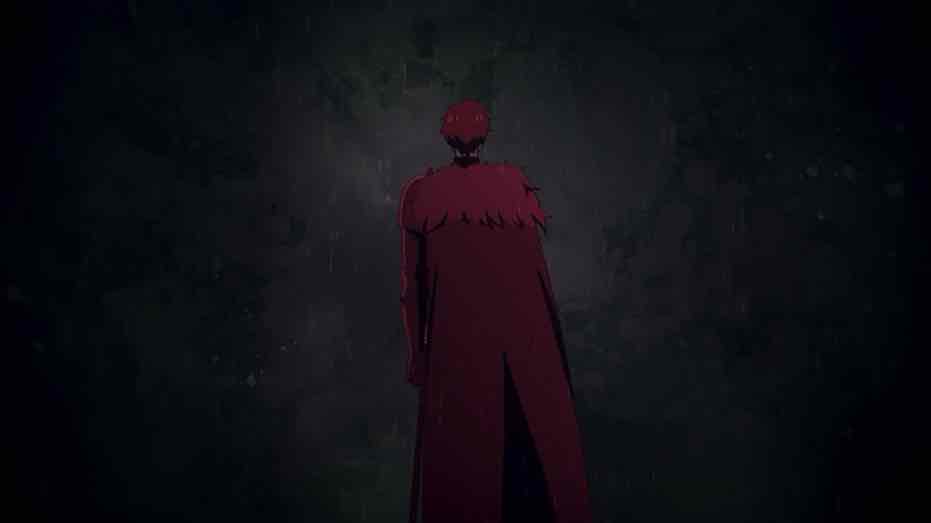


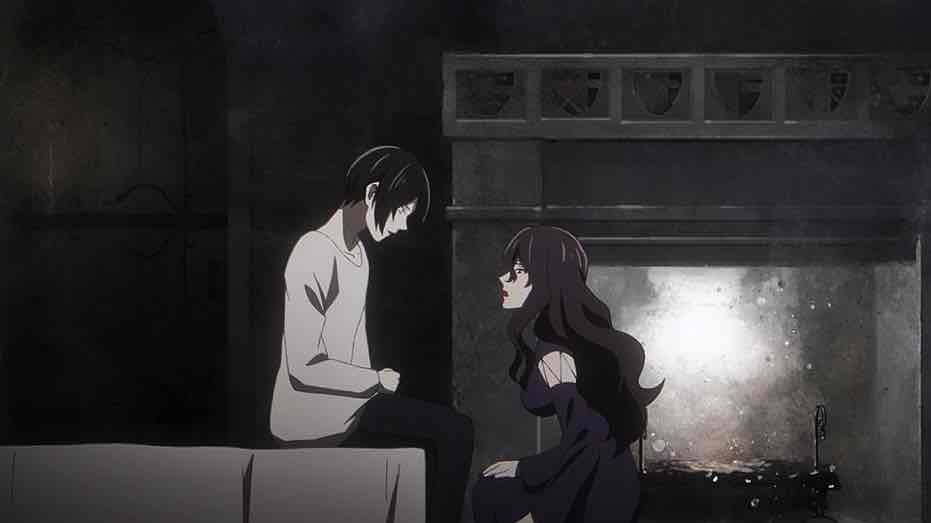
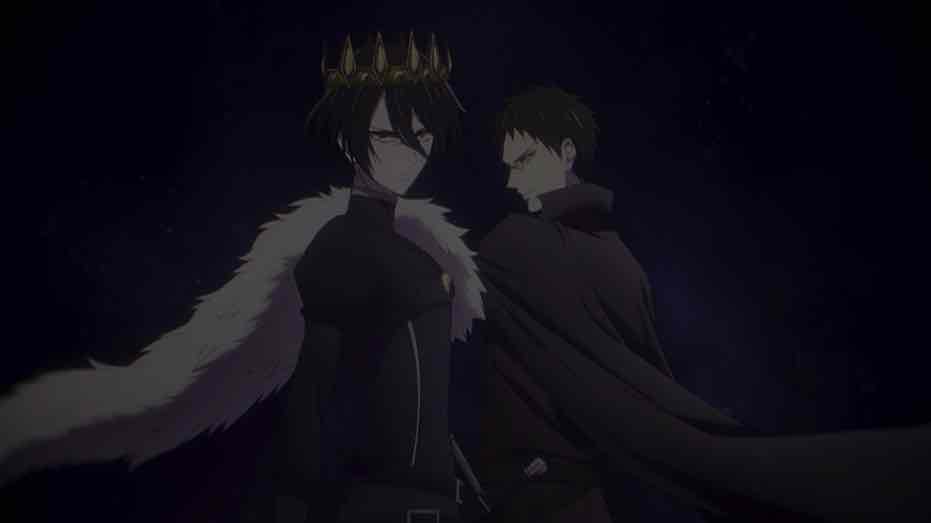
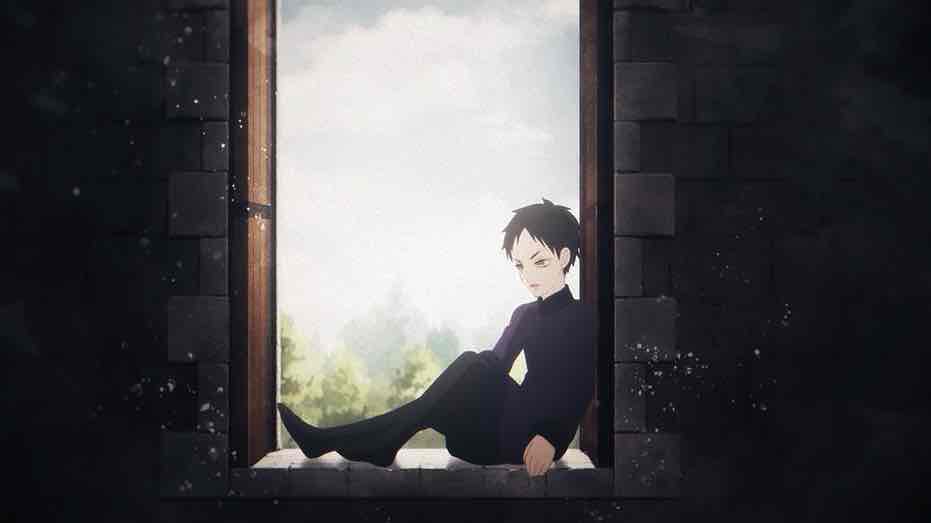


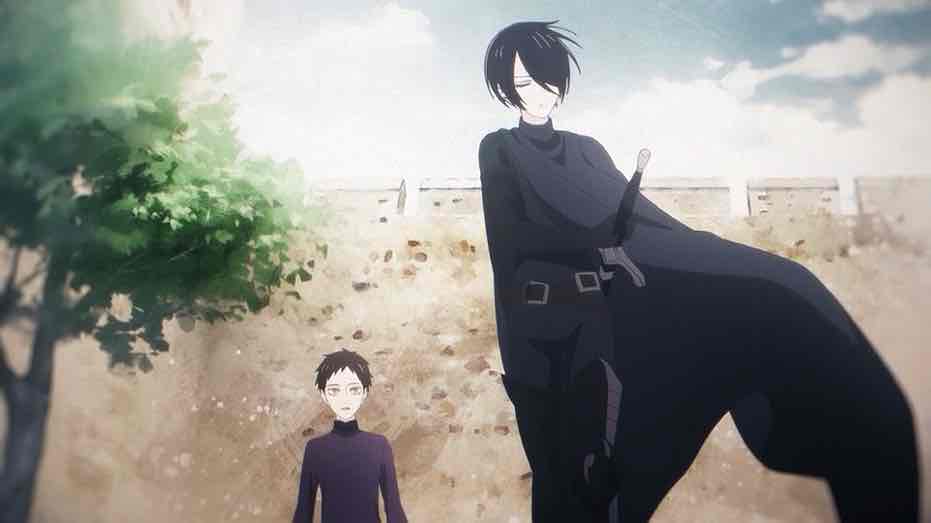
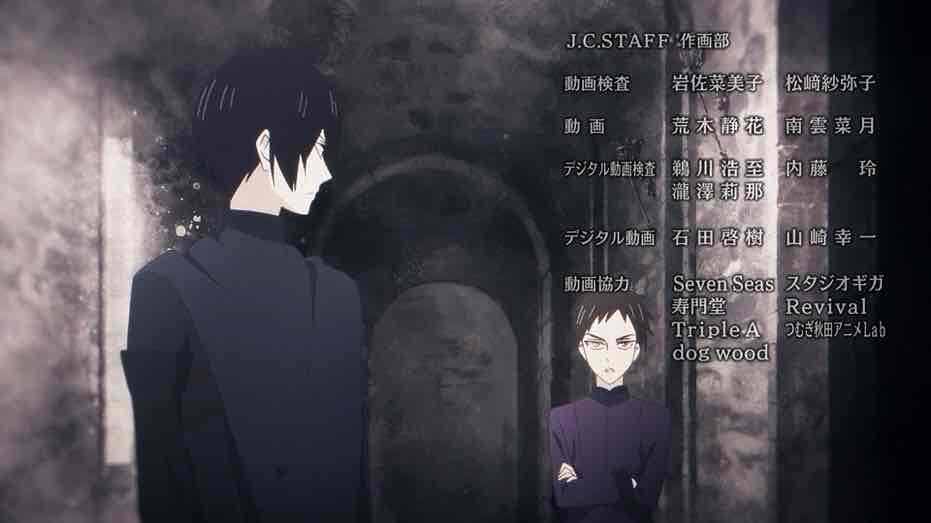
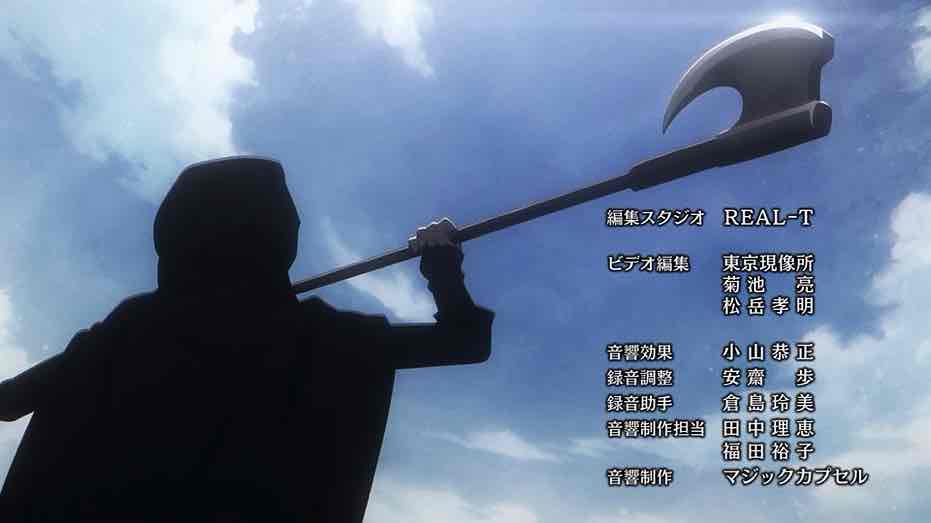




Collectr
June 15, 2022 at 6:52 amIt’s as useless to lament the absurdities of this adaptation as it is to mourn the dog’s breakfast made out of Heike Monogatari. The mangaka wanted to write a shoujo historical tragedy and, by gum, that’s what she’s done (apparently – the last four volumes have not been published in English yet).
Trying to evaluate the mangaka’s (and the series’) ambitions and execution requires putting one’s historical knowledge in the deep-freeze and evaluating what’s on the page or screen in WYSIWYG mode. Do I buy Richard’s emotional struggles? Is this how an intersex person, closer in physical functionality to female than male but identifying totally as male, would behave? I don’t buy it. Richard is repeatedly swept away by yearnings for love from men – first Henry VI, then Henry Stafford. He is portrayed, in fact, as a fairly typical shoujo heroine. The manga and series would have made more sense if Richard had been born female but, like Lady Oscar in Rose of Versailles, had been raised as a male for reasons of family exigency. The Joan of Arc invocations would have made more sense too. But what’s done is done.
Guardian Enzo
June 15, 2022 at 1:32 pmWhy do you think I spend so much of the posts talking about other Richard-related stuff and not what’s actually happening on-screen?